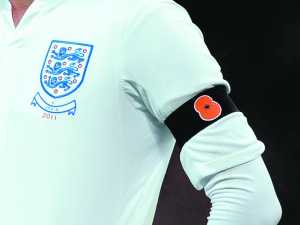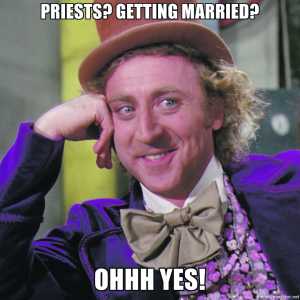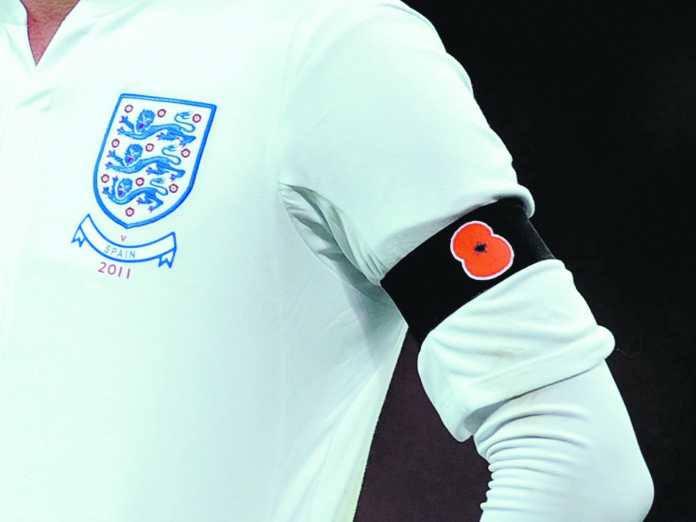Silence is golden

As you enter the arena, the crowd roars its support, sending a fresh wave of adrenaline coursing through your veins. You go through one last warm-up, endure the customary hand-shakes, and then it’s time. This is what you’ve been waiting for, what you’ve trained all week for.
Then, with your heart-rate soaring, your nerve-ends twitching and your mind working overtime, you are gathered in a semi-circle and told to remain silent and still for sixty seconds. You must honour the dead. The fallen heroes of conflicts past.
You didn’t know any of the deceased, don’t even come from the country they died for, but remain silent you must, because that’s what you’ve been told to do.
Not content with corralling its league of nations, its league full of Africans, South Americans and the occasional Brit, into marking Armistice Day, the English FA, along with its Scottish counterparts, has requested that the mourning be extended to the international soccer scene.
FIFA, to its credit, informed both associations that wearing the poppy during tomorrow evening’s World Cup qualifier is not permitted. It regards the poppy as a political statement, and believes that allowing two teams to wear one during a game would, in effect, open the doors to all sorts of emblems and designs adorning the jerseys of national teams.
And of course, FIFA is right; today it’s a tastefully embroidered poppy beside the three lions, tomorrow it’s garish, anti-semitic insignia emblazoned across the chests of men who should know better.
The decision has been met with lip-snarling defiance. The inevitable outrage and dismay buffered by a rallying-call from newly-anointed British PM, Theresa May.
This, my friends, is modern-day sport, a sphere where national leaders fight for the right to allow uninterested parties to grieve for people they have never met.
May’s insistence that her national team commemorate the dead is just a sign of the times. Football, and other sports, but mainly football, has become a vehicle for melancholy, a tool for do-gooders and busybodies to feel better about themselves.

For example, the poppy; what does it signify, what does it mean? Essentially it commemorates Armistice Day and the ending of World War I. But it has grown to symbolise the loss and hurt caused by all wars involving the British Armed Forces over the last century and is seen as a means of remembering those who sacrificed their lives to ensure the freedom of future generations.
It is a fine British tradition and one they rightly cherish. But what has it got to do with football? Or any sport? Those who lost their lives in both World Wars, and subsequent conflicts, will be remembered at a series of special ceremonies this coming Sunday. Is that not enough?
And before we get too smug, let’s take a look at ourselves, at our own maudlin ways. An unfortunate by-product of FIFA’s poppy ruling has been the investigation into the jerseys Ireland wore during a friendly against Switzerland in March of this year.
The shirts in question made reference to the Easter Rising and its hundredth anniversary with a small detail stitched under the badge. Again, why bother? There were scores of other, far more poignant, far more fitting, tributes going on around the country at that time, what could a couple of strategically placed numbers possibly add to the occasion?
And it’s not just war heroes. Or national heroes. It can be anyone really. A famous person dies, out come the armbands. A flood kills thousands in a faraway country; minute’s silence, maybe two, depending on how many perished. If the story makes the headlines on Sky News, if it’s considered tragic, or saddening, then the football family is sure to be on board.
Compare and contrast these vacuous displays of sincerity with what we witnessed at Thomond Park three weeks ago. On that day, everyone in attendance was in mourning, they were grief-stricken. There was no need to orchestrate the anguish, it was there on everyone’s faces. It was a sombre occasion, one where the game in question was almost secondary to what came before.
The manner in which the people of Munster paid tribute to one of their heroes will live long in the memory. It will do so because Anthony Foley meant something, meant everything, to those in the stands and on the pitch. And that’s how it should be. Anything else is just an affront to those being respected.
A walk down the aisle

The Association of Catholics in Ireland (ACI) has called for gender equality in the priesthood, and that all priests be allowed marry. It has also insisted that this message be conveyed to Pope Francis by the Irish bishops and that a dialogue on the topic be opened.
It’s highly unlikely that Pope Francis, or indeed anyone of any importance in the Vatican, will heed the words of the ACI.
Nonetheless, it’s refreshing to discover that not everyone in the Catholic Church is so resistant to change and that an organisation of note is willing to risk being ostracised so that this subject may be brought forward for discussion.
I’m aware that, for many, the idea of female priests, or married priests, is objectionable, and that even if Pope Francis himself came to their house and told them it was a good thing, they would still have a problem with it. But even the most myopic church-goer can’t deny the facts, that a tradition which has thus far, outlasted us all, is in serious danger of dying out completely.
The only way to address this issue, and to ensure that Catholicism and Sunday Mass remains a staple part of Irish life, is to allow our priests to marry. Who they marry, or how they marry them, can be discussed at a later date, but the notion of young men entering into a life of celibacy, a life of solitude, belongs to a different age and it’s time we moved on.
Having a spouse, a wife or a husband, certainly won’t make them any less holy, but it will remove the stigma and mystique which accompanies the wearing of the dog-collar.
And it’ll be great craic listening to the Father giving out stink about the old ball n’chain over a few pints after Sunday Mass.











